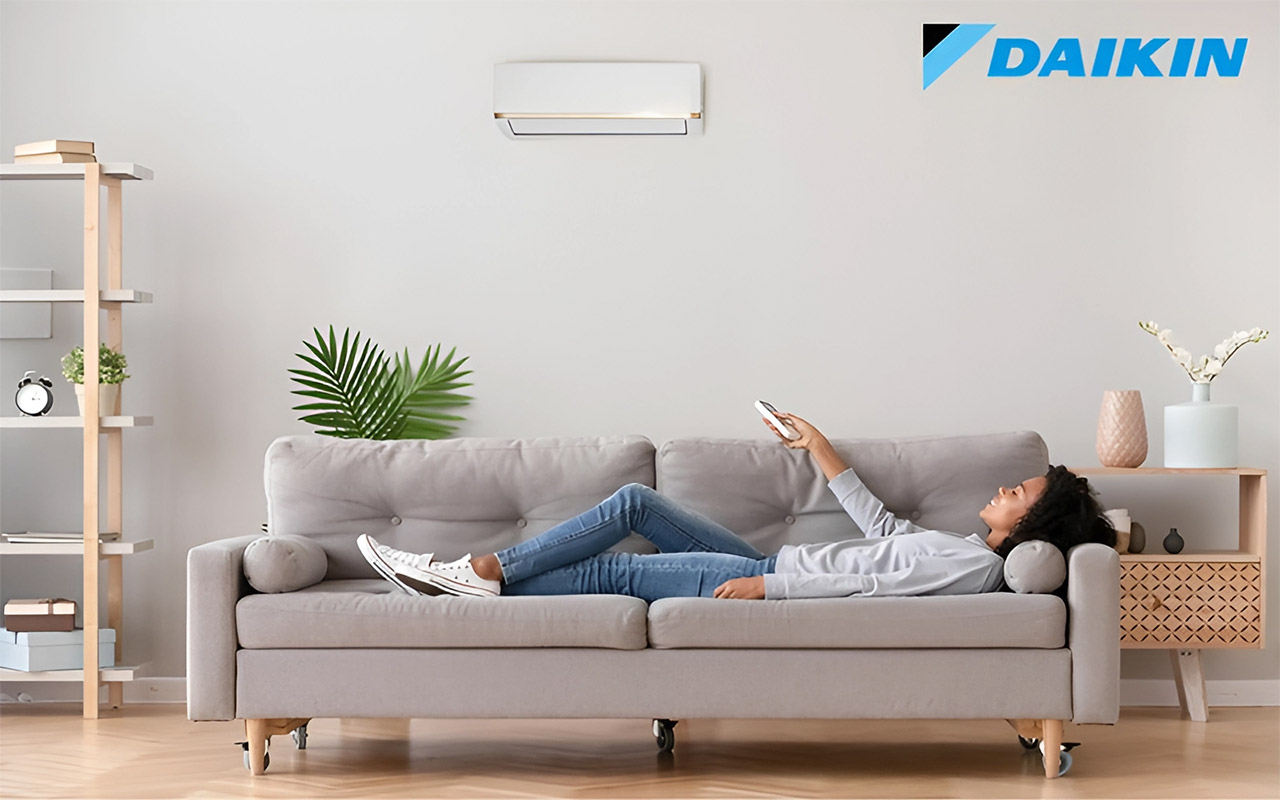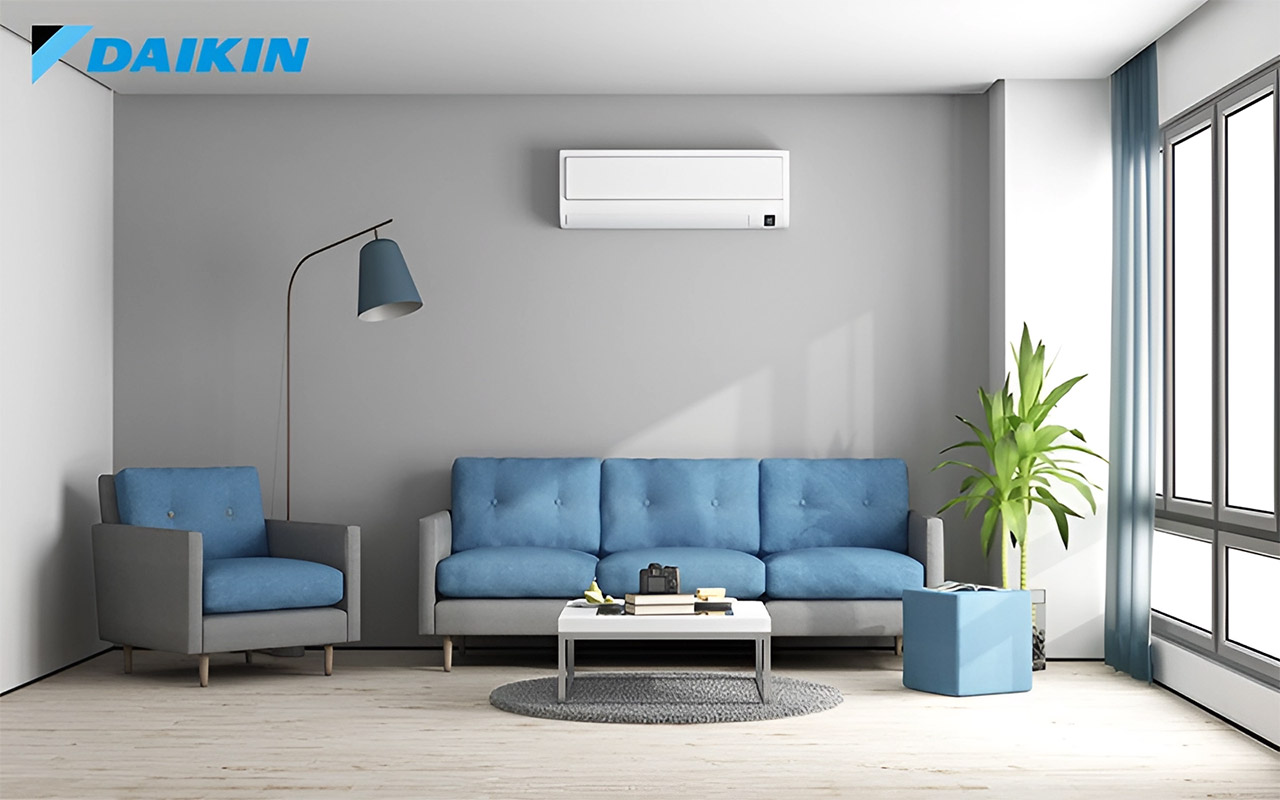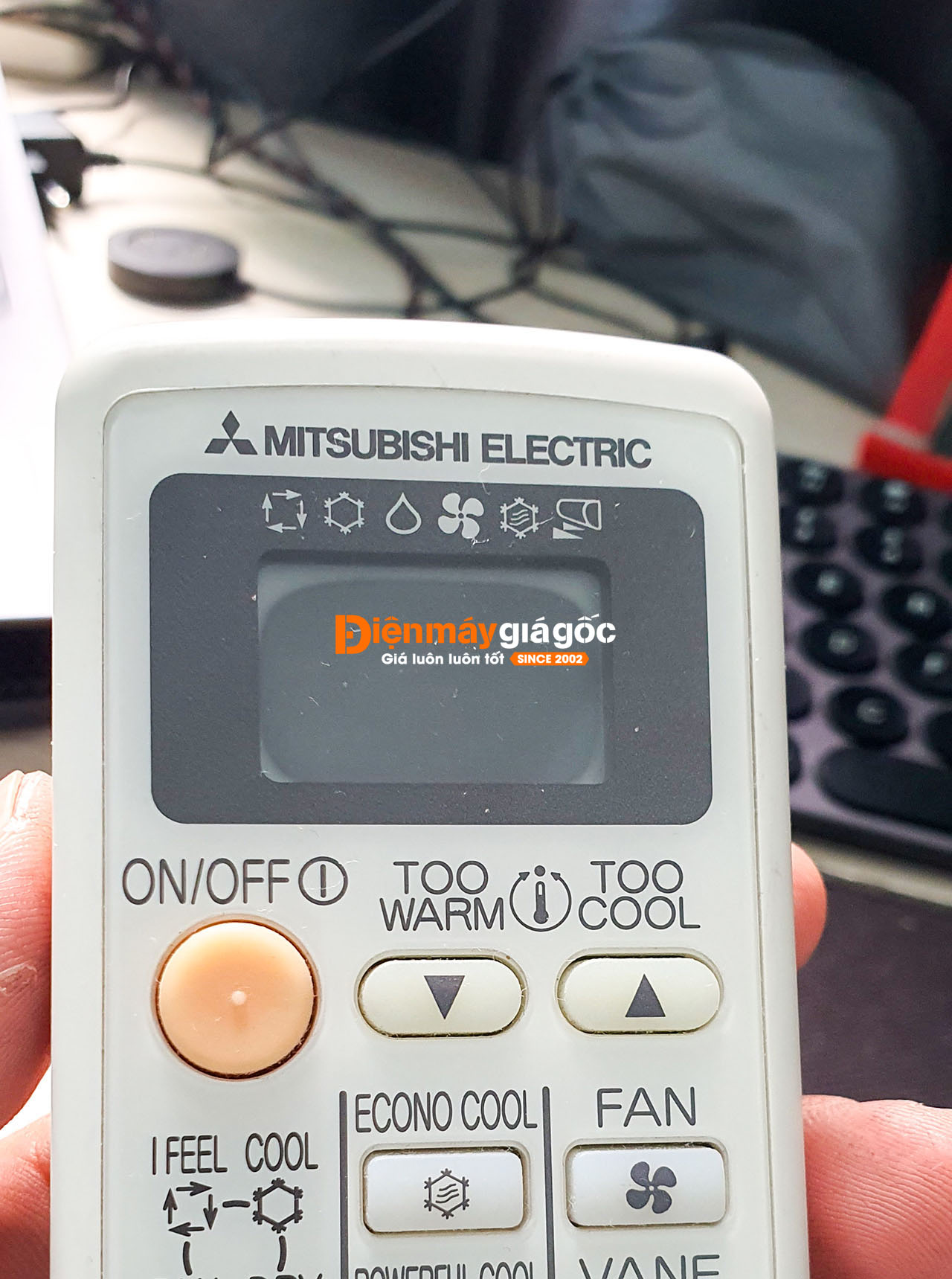Table of contents
Air conditioners have become a necessary appliance in every family, providing a great deal of comfort and assisting the entire family in coping with the blistering heat throughout the summer. However, when a machine develops a fault or damage, it creates a slew of problems, and one of the most common is water leaking in air conditioners.
The following are some of the most common air conditioner problems and how to resolve them.
1. Blocked drain pipe
When the air conditioner operates regularly, condensate accumulates in the indoor unit and is sent out via the drainage pipe system. However, after prolonged usage, the condensate drops, clogging the pipes. When the pipes are clogged, the water cannot drain, accumulating a large amount of water in the water trough and causing an overflow.
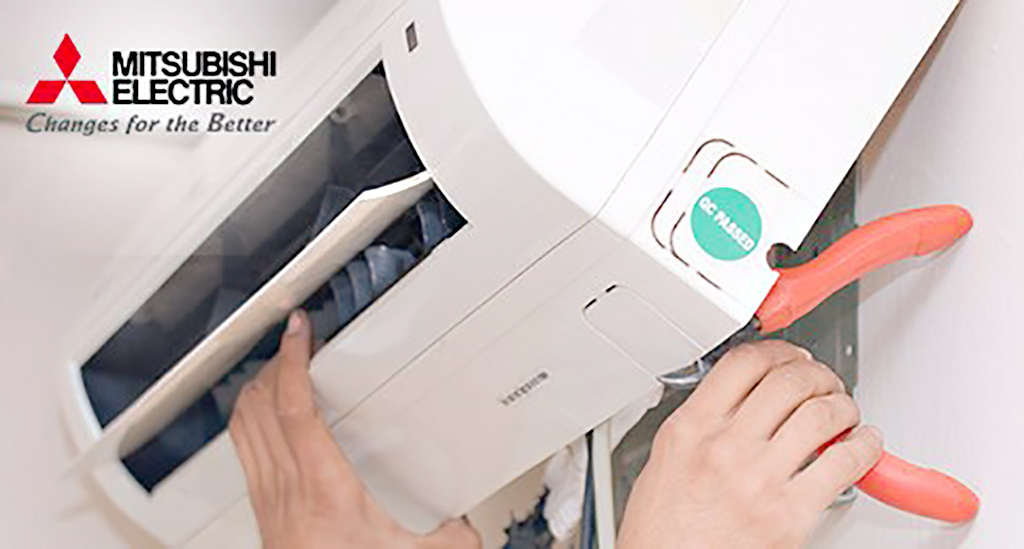
The therapy is to clear the obstruction by spraying, blowing into the inner tube, and blowing vigorously with a pressure pump to wash away the dirt.
How to repair a leaky air conditioner
- To begin, you must clear the system by spraying.
- After that, you must blow the tube within.
- Next, blow off the dirt using a high-pressure pump.
2. A ruptured drain pipe
Or an obstructed drain line on your air conditioner. If this is the cause of the machine water leak, proceed as follows:
- It would help if you replaced the air conditioner's drain pipe.
- Alternatively, purchase another trough and replace the existing one.
3. Error during installation
A common cause of an air conditioner leaking water is an installation issue. When staff installs drainage pipes that lack a slope or are excessively long without ventilation holes, they also prevent water from draining out, bouncing back into the trough, and overflowing.
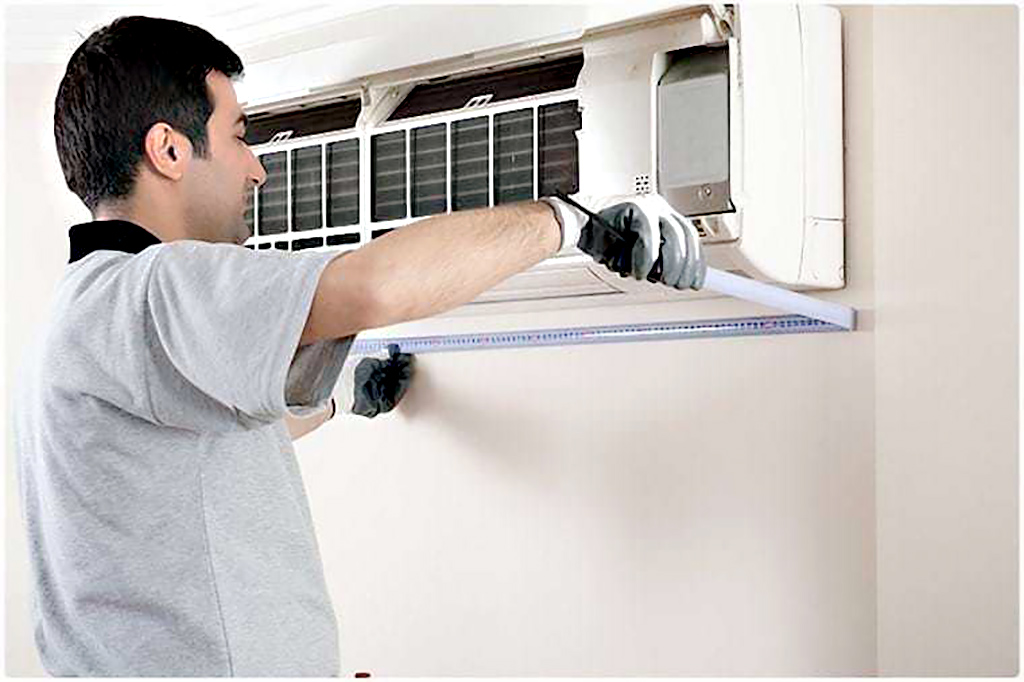
Alternatively, the air conditioner is mounted at an angle, causing the trough to tilt. As a result, water will flow to the trough's lower end and seep onto the trough's walls and flooring.
How to resolve installation issues
- It would help if you had a specialist re-calibrate the drainage pipe's position to resolve this issue.
4. The machine is gas-starved
The gas shortage is also one of the elements that contribute to snow accumulating on the heat exchanger, preventing the machine from maintaining the desired temperature during operation and melting the snow into the trough.
How can you repair a machine that has run out of gas?
- You should contact a technician to inspect and refill the machine's gas supply in this system.
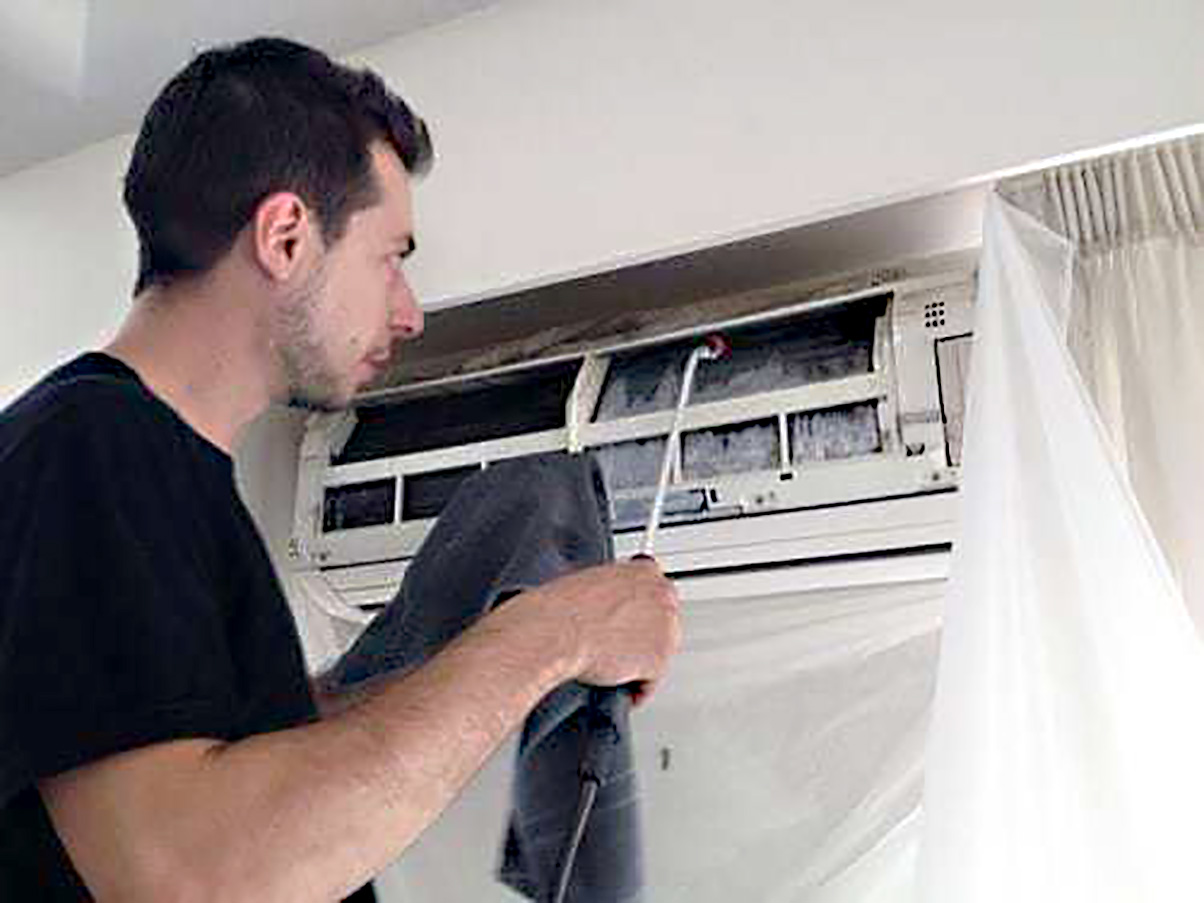
5. Not routinely cleaning and maintaining the machine
Dirt will adhere to the inside unit over time, resulting in water leaks.
How to resolve
- Remove the filter mesh and clean it with a spray nozzle, shaking or wiping it dry before reinstalling it.
Note:
- Avoid washing and drying with hot water exceeding 40 degrees Celsius since this will deform and harm the mesh.
- You can clean the filter with diluted dishwashing solutions for stubborn dirt.
- To prevent the air conditioner from leaking water, consumers need correctly clean and maintain it every 3-6 months.
Mitsubishi Electric air conditioners are called smart air conditioners since they provide optimum convenience to users, including the ability to clean the air conditioner at home.
With simply four simple actions and no additional tools required, you can effortlessly clean the machine, ensuring that it operates efficiently and consumes less energy.
Cleaning can save up to 45%* of electricity compared to not cleaning (*Electricity was compared between a machine with 08g of dust and an entirely cleaned device in Mitsubishi Electric's laboratory).
Mitsubishi Electric air conditioners come with a 2-year parts warranty and a 5-year compressor warranty at warranty centers countrywide. In addition, when consumers have issues with their air conditioner, they can call the Service Center at 1800 58 58 33 for expert guidance.

